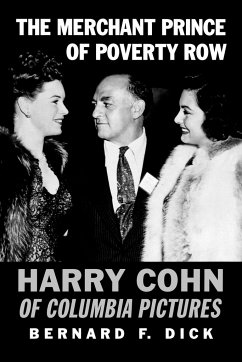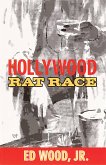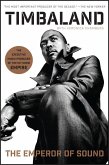Ben Hecht called him "White Fang", and director Charles Vidor took him to court for verbal abuse. The image of Harry Cohn as vulgarian is such a part of Hollywood lore that it is hard to believe there were other Harry Cohns: the only studio president who was also head of production; the ex-song plugger who scrutinized scripts and grilled writers at story conferences; a man who could look on actresses as either "broads" or goddesses. Drawing on personal interviews as well as previously unstudied source material (conference notes, memos, and especially the teletypes between Harry and his brother Jack), Bernard Dick offers a radically different portrait of the man who ran Columbia Pictures - and who "had to be boss" - from 1932 to 1958. A latecomer to the movie business, Harry turned to film only after Jack won acclaim as an editor at Universal. Harry's determination to eclipse Jack drove him to gain control of Columbia and to woo talent like Frank Capra who could achieve his goal of transforming a Poverty Row studio into one of the majors (while maintaining some of the lowest budgets in Hollywood). A study of Columbia's 1930s films, most of them rarely shown, proves that Capra/Cohn - not "Capracorn" - studio policy during that crucial decade. By interweaving biography, studio history, and film criticism, Dick argues a new approach to the studio heads of Hollywood's Golden Age: Harry Cohn was Columbia Pictures, and Columbia's pictures were Harry Cohn in all his complexity.








